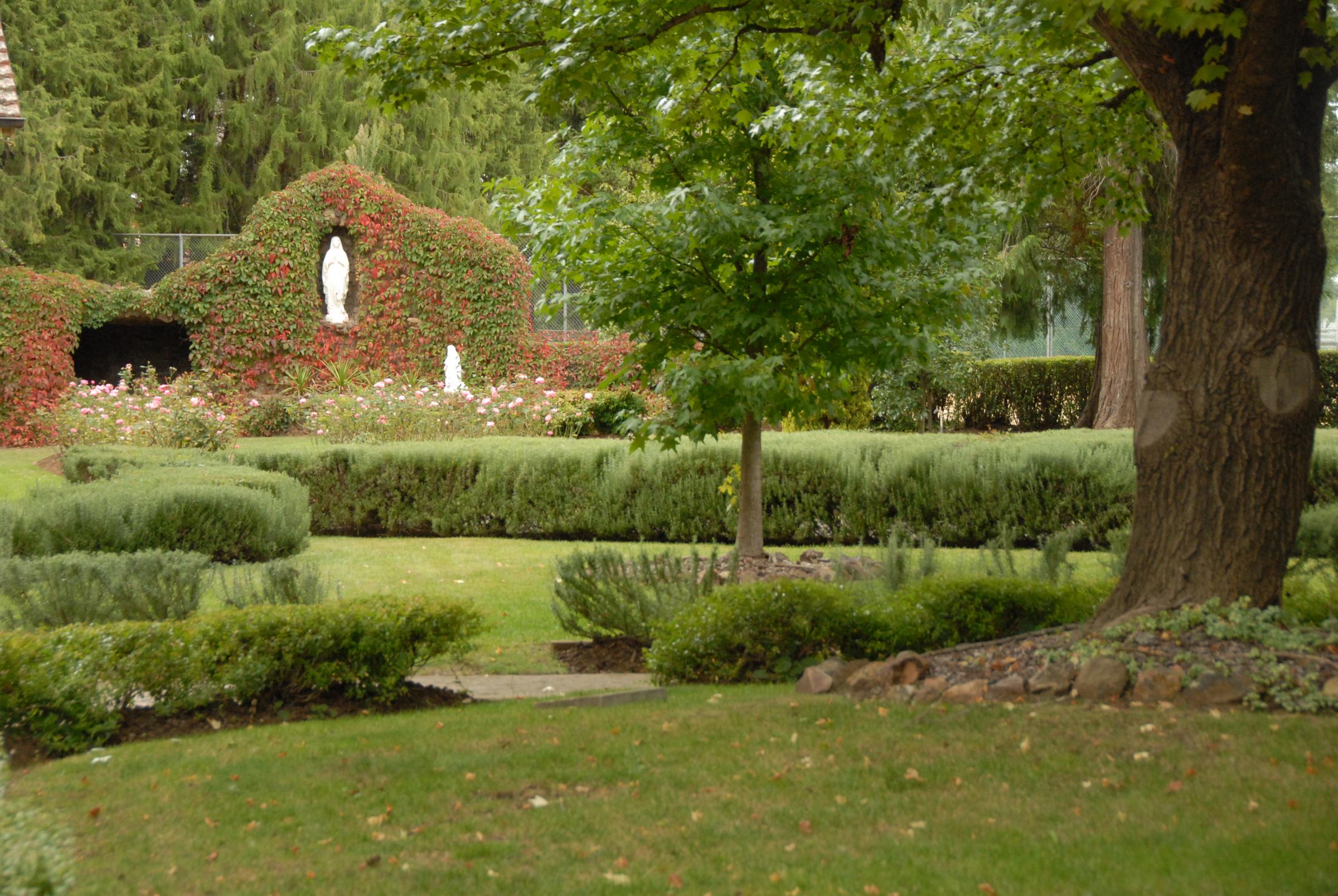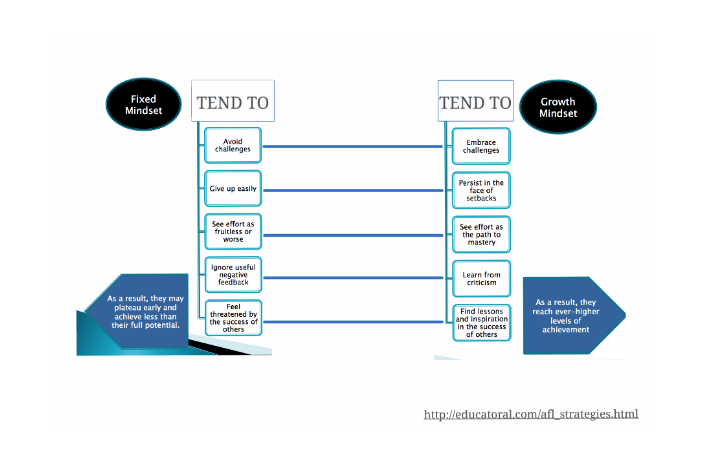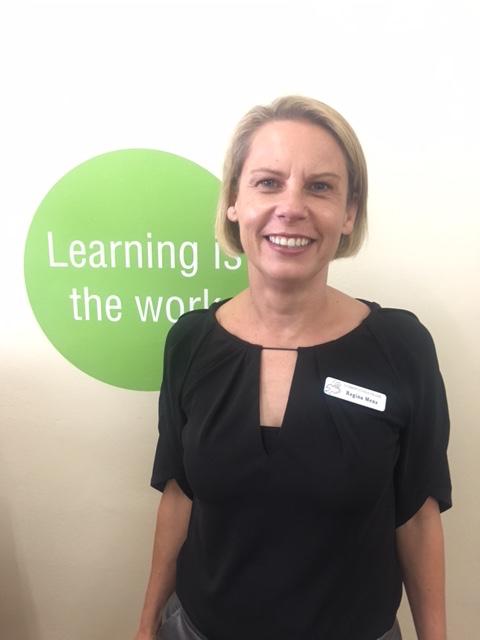Principal's Report

Dear Parents and Carers,
Last week, I attended the Australian Catholic Schools Principals conference hosted by the Maitland-Newcastle Diocese. Over 400 Principals from across NSW attended allowing for great collaboration about how to improve learning outcomes for all. It provided strong reinforcement of the key ideas that have formed our Annual Improvement Plan ‘Founded on Faith, focused on Learning’:
Everyone can learn;
Learning is the work of everyone;
Learning includes - faith, academic and wellbeing.
One of the keynote addresses and masterclasses was given by Pak Tee Ng. Pak Tee Ng is Associate Dean, Leadership Learning at the National Institute of Education (NIE), Nanyang Technological University (NTU), Singapore. He teaches in executive programmes for school leaders including Principalship.
Pak Tee discussed some of the changes occurring in the Singapore Education system. I am often sceptical about what Australian schools can learn from countries such as Finland and Singapore which have a very different culture; however, Pak Tee discussed how Singapore is changing from a focus in quality instead of quantity. This point is very relevant in NSW where our syllabuses are so large that the actual time prescribed allows at best superficial learning and very little time to deep learning.
Pak Tee discussed the concept of ‘teach less’ so that students ‘learn more’. His main message was that often we focus too much on the teaching and getting through the desired content without students actually learning. The idea of deep learning is not a new one at O’Connor. Staff have been working collaboratively to prioritise the curriculum to ensure that students have the time to develop their understanding of key concepts.
Students need to be ready to learn and take on responsibility for developing their understanding. We are working in PAC time and in the classroom to develop a growth mindset in everyone and to enhance the learning culture of our school. When people display a growth mindset, they take risks with their learning, they learn from the mistakes, they know that with effort they can learn and they know they can learn to be ‘smart’. It is based on the research of Carol Dweck and is illustrated further in this graphic:
Parents and carers can help with developing a growth mindset by
Praising the effort not the result
Encouraging their daughter/son to ‘have a go’ and learn from the mistakes
Discussing the areas they are finding hard and why
The student diary has a wealth of information on developing a positive approach to learning that is a useful resource.
The issue of funding schools continues to be debated in Federal Parliament. A media release from Chris Smyth, Director, Catholic Schools Office, Diocese of Armidale, is included below to further explain the viewpoint of Catholic systemic schools and the issues associated for our schools with the funding model Gonski 2.0.
Pastoral Academic Care Update
Wellbeing Focus for Week 4 - Ethical Living and Living Ethically (from Junior and Senior Diaries)
The Key Character Strength - Spirituality
To quote Howard Gardner from his book Five Minds, ‘I have nothing against excellence, but at the end of the day, the world doesn’t needmore of the brightest and the best, but more of those of good character.’
The five minds he goes onto describe are the creative, the critical, the synthesising, the respectful and the ethical. It is fitting after completing a week of NAPLAN tests for Years 7 & 9 that we also should also look at the effect this has had on the social-emotional resilience, wellbeing and respectful and ethical growth mindsets of our students.
Teaching students about what living ethically looks like, sounds like and feels like will sow the seeds to strengthen their characters. These include acting in ways which they know will benefit their and others’ well being because they matter; making choices based on what their minds tell them is the right thing to for them to do, not doing something for personal, material or prestige gain, using their signature and top supporting strengths in their every thought, word and action and being grateful for good things that happen.
“I’m a great believer in luck. I find the harder I work, the more I have of it.”
Woodrow Wilson
Spirituality falls under the virtue category of Transcendence. Transcendence describes strengths that provide a broad sense of connection to something higher in meaning and purpose than ourselves. Spirituality is believed to describe both the private, intimate relationship between humans and the divine, and the range of virtues that result from the relationships. Spirituality is universal. Although the specific content of spiritual beliefs varies, all cultures have a concept of an ultimate, transcendent, sacred force.
Thank you
Regina Menz


